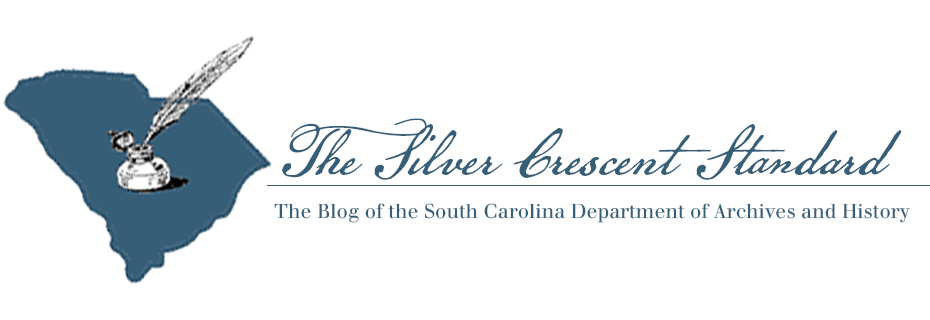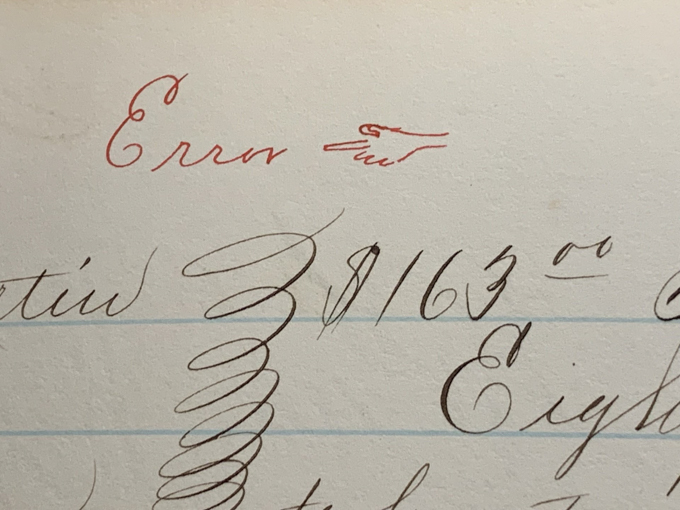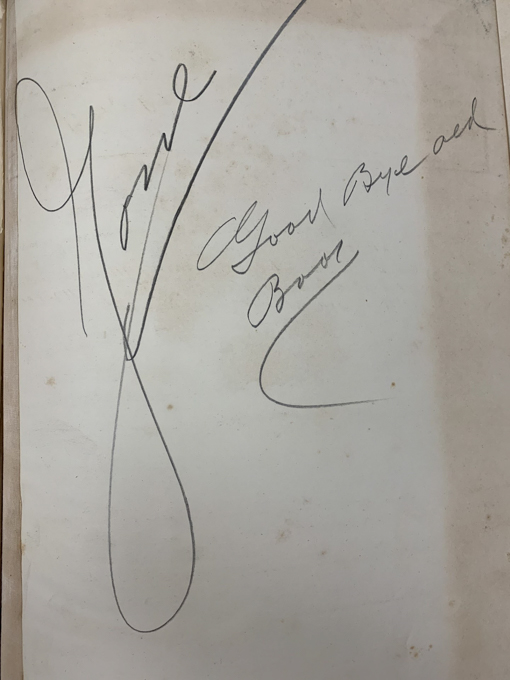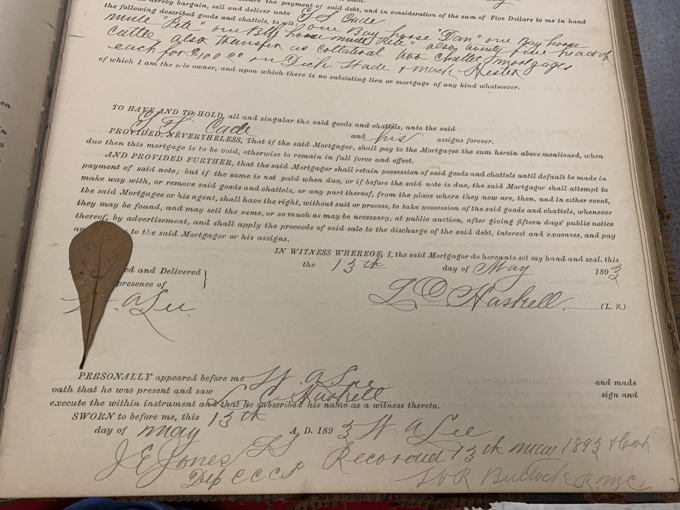
Adventures in Archiving
a Blog Post by Crystal Kate Sharpe, Processing Assistant
As a graduate student with a focus on archiving, I was willing to do anything the SC State Archives and History Center asked me. Opening boxes of files from the state park system, administrative paperwork from the Department of Mental Health and minutes from the National Register State Board of Review were both interesting and repetitive. Agency files are great insights into the working of our government and how that minutiae helps keep everything steady and constant.
My new assignment, I was warned, would be both repetitive and maybe a bit boring. How could going through chattel mortgage books from Abbeville County be interesting to anyone, with their endless pages of cows, mules, cotton seeds, farm equipment and household goods being listed as collateral for a loan to poor farmers and store owners? But as I began to read, I realized these books were filled with glimpses of ordinary people of South Carolina and the tiny details of their lives in the 19th and early 20th centuries.
And those details led to many questions. Within the thousands of pages of cows named Daisy and mules named Clover were unexpected names like the stallion named "Hamiltonian" and the house mule "Selim." The citizens of Abbeville certainly had good senses of humor to give the name "Lady Graham" to a grey mule, the name "Elephant" to a heifer, and the name "Rooster" to a mule. Often times the animals are described in detail like the "flea-bitten grey horse" named Charley, a horse fitted with "a glass eye," and the "club-footed bay horse" without a name. Who fits a work horse with a glass eye? One contract included the caveat, if the farmer failed to pay back the loan and his horse were repossessed by the bank, that they would "take good care of the horse." Included in the pages and pages of horses and mules being listed as collateral were surprising items such as an umbrella, a merry-go-round and other items from a circus, gallons of "corn whiskey," and even a possum.


There were signs of the record keepers as well. Notes of "goodbye" and "goodbye old book" were frequent on the books' last pages. A phantom finger pointing to the word "error," to invalidate the contract, brought to mind the marginalia of medieval illuminated manuscripts. One book had an oak leaf between its pages; how did it get there? Did the mortgage recorders conduct their business outside on a day too nice to work inside?

As with so many documents and items stored in the archives, questions are answered and also multiply.
